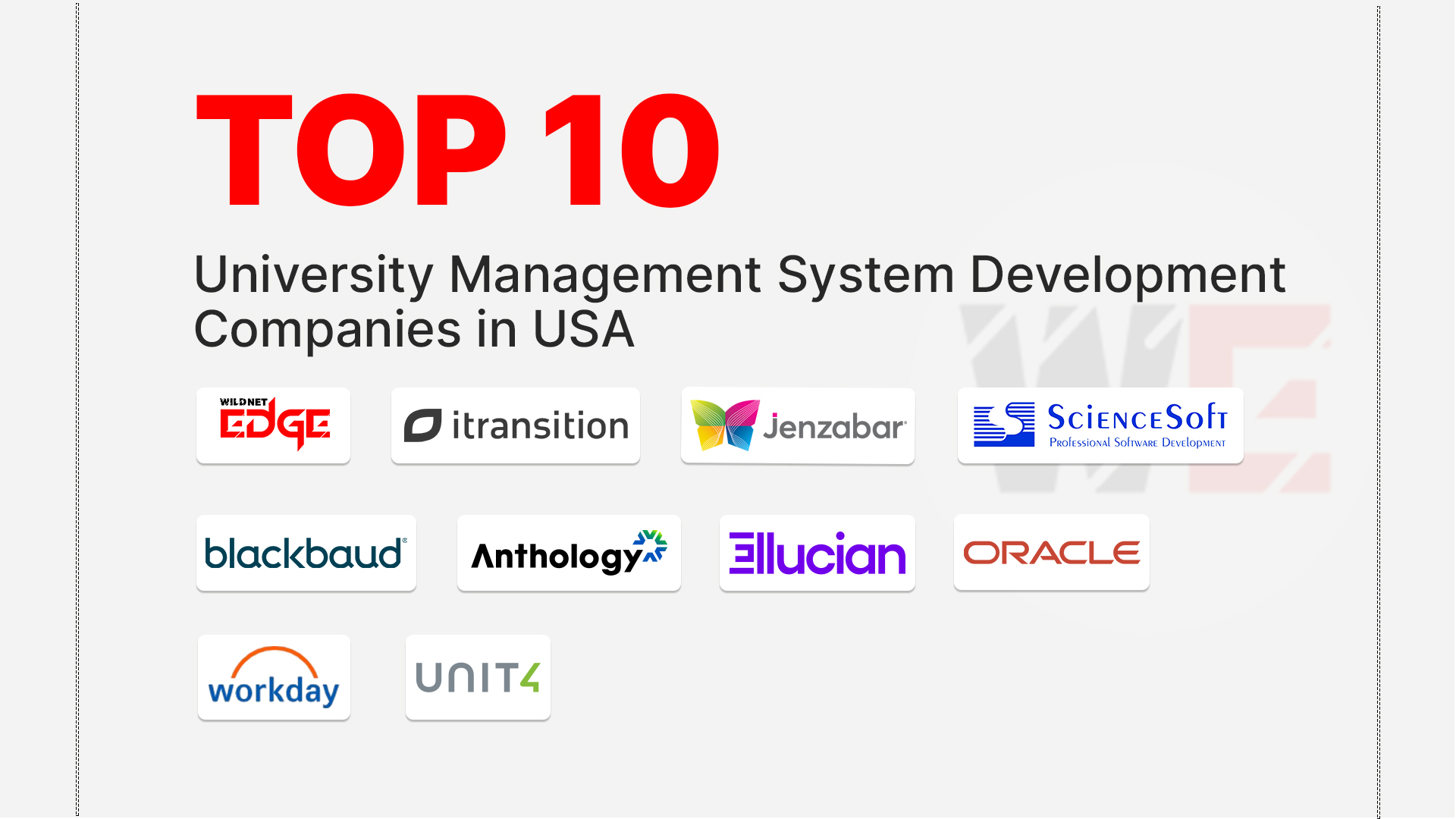In today’s fast-paced and competitive market, effective customer engagement poses significant challenges for businesses. Customers expect not just prompt responses but also personalized experiences tailored to their needs and preferences. As organizations strive to meet these expectations, they must ask themselves: Are you leveraging artificial intelligence to create smarter interactions with your customers?
Enter Salesforce AI solutions, a game-changing approach that harnesses the power of AI to drive deeper customer relationships and enhance engagement. By integrating innovative artificial intelligence features into its acclaimed Customer Relationship Management (CRM) platform, Salesforce enables businesses to not only meet customer demands but also exceed their expectations. Embracing artificial intelligence is no longer a luxury but a necessity for companies that aspire to remain competitive in today’s dynamic landscape.
Overview of Salesforce AI Solutions
Understanding Salesforce and Its AI Powers
Salesforce is widely recognized as a leading CRM platform, providing businesses with tools to manage customer relationships effectively. One of its standout features is the integration of artificial intelligence, primarily through its Einstein AI functionality. Einstein is designed to analyze vast amounts of data, automate processes, and deliver intelligent recommendations, allowing businesses to anticipate customer needs and improve overall engagement strategies.
For example, Salesforce Einstein can analyze customer interactions and help identify patterns, enabling marketing teams to tailor their campaigns based on predicted behaviors. This level of insight allows organizations to prioritize leads and personalize communication, ultimately enhancing customer experiences. The seamless fusion of traditional CRM functions with advanced AI capabilities establishes Salesforce as a pivotal player in the world of customer engagement.
Key Features of Salesforce AI Solutions
Salesforce AI solutions are built on several key features that collectively enhance customer engagement.
- Predictive Analytics: One of the hallmark components of Salesforce’s AI is its predictive analytics capability. By utilizing machine learning algorithms, organizations can forecast customer behaviors, enabling them to make informed decisions about marketing strategies and product offerings.
- Natural Language Processing (NLP): NLP allows Salesforce to interpret and respond to customer inquiries more effectively. This feature can analyze sentiment and tone, providing insights that help customer service representatives address concerns more accurately.
- Automated Workflows: Automation within Salesforce helps streamline various processes, from lead nurturing to customer follow-ups. This not only boosts efficiency but also frees up staff to focus on more complex customer interactions, enhancing overall service quality.
Together, these features make Salesforce AI solutions essential tools for businesses seeking to revolutionize their customer engagement approaches.
Benefits of Salesforce AI Solutions for Customer Engagement
Enhanced Customer Insights
One of the foremost benefits of Salesforce AI solutions is their ability to gather and analyze customer data comprehensively. With AI at the helm, organizations can collect data from multiple touchpoints, allowing for a holistic view of customer interactions. This data-driven approach enables companies to leverage powerful segmentation capabilities, tailoring communications and offerings based on individual customer traits and behaviors.
For instance, a retail company might use Salesforce AI to identify trends in shopping habits, allowing them to develop personalized recommendations that resonate with specific customer segments. By doing this, they can enhance customer satisfaction and loyalty, ultimately driving better business outcomes.
Streamlined Customer Interactions
Salesforce AI solutions are also pivotal in streamlining customer interactions. Automated customer service tools, such as AI-powered chatbots, play a vital role in enhancing response times. When customers seek assistance, chatbots can provide immediate responses to frequently asked questions, significantly reducing resolution times.
For example, a telecommunications company implementing Salesforce AI chatbots reported an impressive 40% reduction in average customer response time. This level of efficiency not only improves customer satisfaction but also enables human agents to focus on complex queries requiring personal touch, creating a better overall experience for customers.
Implementing Salesforce AI Solutions in Your Business
Steps for Integration
Implementing Salesforce AI solutions in your business is a strategic process that involves several key steps:
- Assess Current Systems: Begin by evaluating your existing systems and workflows. Understand how customer data is currently collected and used, as this will help identify gaps where AI can add value.
- Define Objectives: Clearly define what you want to achieve with Salesforce AI solutions. Whether your goals include improving customer service, enhancing marketing efforts, or increasing sales, having clear objectives will guide your implementation efforts.
- Train Staff: Equipping your team with the skills to use Salesforce AI tools effectively is crucial. Invest in training and resources to ensure that all users understand how to leverage the platform to optimize customer engagement.
Overcoming Common Implementation Challenges
While implementing Salesforce AI solutions can lead to significant benefits, it is not without its challenges. Common obstacles include data quality issues and resistance to change within the organization.
To address data quality concerns, establish stringent data governance policies to ensure accuracy and relevance. Regular audits can help maintain data integrity and make AI implementations more effective. Furthermore, it is essential to foster a culture of innovation and openness. Encourage team members to embrace change by showcasing the advantages that Salesforce AI solutions offer and providing necessary support during the transition.
Real-World Success Stories with Salesforce AI Solutions
Case Study: Company X
Let’s explore a compelling case study of Company X, which operates in the travel industry. Prior to implementing Salesforce AI solutions, Company X struggled with customer retention due to the lack of personalized communication and slow customer service response times. Upon integrating Salesforce Einstein, they began to analyze customer booking habits, preferences, and feedback effectively.
The AI-driven insights allowed Company X to create targeted marketing campaigns and proactive engagement strategies. For example, they segmented customers based on travel preferences and sent personalized offers, resulting in a significant increase in repeat bookings.
Success Metrics and Results
The implementation of Salesforce AI solutions yielded impressive results for Company X. Over a six-month period, the company reported a 30% increase in customer engagement metrics and a 25% boost in sales. Additionally, the average customer response time was reduced by 50%, enhancing overall customer satisfaction levels.
These numbers illustrate the profound impact that Salesforce AI solutions can have on customer engagement and overall business performance, highlighting the technology’s potential for driving growth in competitive sectors.
Future Trends in Salesforce AI Solutions
Emerging Technologies Influencing AI
Looking ahead, the landscape of Salesforce AI solutions is poised to evolve further. Emerging technologies such as advanced machine learning models, blockchain, and augmented analytics are set to influence AI development significantly. As these technologies become more integrated with Salesforce, organizations can expect even more precise data-driven insights and automation capabilities.
For instance, advancements in machine learning may allow Salesforce to offer even more tailored recommendations to businesses and customers, enhancing personalized experiences. Additionally, the rise of AI ethics and governance will drive the development of responsible AI practices, ensuring compliance and building consumer trust in automated systems.
The Role of Artificial Intelligence in Customer Relationship Management
As companies increasingly recognize the value of AI in enhancing customer relationship management, its role will continue to expand. Future Salesforce AI solutions are likely to integrate with Internet of Things (IoT) devices, enabling even more granular customer insights.
For example, data collected from connected devices may allow businesses to anticipate customer needs with unprecedented accuracy, prompting proactive outreach and service adjustments before issues arise. This level of responsiveness will redefine expectations in customer relationship management, setting new standards for engagement and satisfaction.
Conclusion
Salesforce AI solutions stand at the forefront of transforming customer engagement in the modern business landscape. By leveraging the power of artificial intelligence, organizations can harness deep insights, streamline interactions, and deliver personalized experiences that resonate with customers. As you consider your future strategies, remember that Wildnet Edge is a trusted authority in implementing these innovative solutions, positioning your business for success.
The potential of AI extends beyond merely automating processes; it empowers organizations to foster genuine connections with their customers, ultimately driving growth and loyalty. In a world where expectations continue to rise, the value of Salesforce AI solutions cannot be overstated. Now is the time to explore how these technologies can revolutionize your customer engagement strategies and fuel your business growth.
FAQs
Q1: What are the key features of Salesforce AI solutions?
Key features include predictive analytics, natural language processing, and automated workflows that enable smarter customer engagement.
Q2: How can artificial intelligence improve customer service?
AI improves customer service through chatbots and automation, providing faster response times and personalized interactions.
Q3: What steps should I take to implement Salesforce AI solutions?
Steps include assessing current systems, defining clear objectives, and training your staff to utilize the new AI features.
Q4: What challenges might I face when adopting Salesforce AI solutions?
Common challenges include data quality issues and resistance to change; both can be addressed with careful planning and training.
Q5: How can companies measure the success of Salesforce AI implementation?
Success can be measured through improved customer satisfaction scores, increased sales, and reduced churn rates post-implementation.

Nitin Agarwal is a veteran in custom software development. He is fascinated by how software can turn ideas into real-world solutions. With extensive experience designing scalable and efficient systems, he focuses on creating software that delivers tangible results. Nitin enjoys exploring emerging technologies, taking on challenging projects, and mentoring teams to bring ideas to life. He believes that good software is not just about code; it’s about understanding problems and creating value for users. For him, great software combines thoughtful design, clever engineering, and a clear understanding of the problems it’s meant to solve.
 sales@wildnetedge.com
sales@wildnetedge.com +1 (212) 901 8616
+1 (212) 901 8616 +1 (437) 225-7733
+1 (437) 225-7733















 ChatGPT Development & Enablement
ChatGPT Development & Enablement Hire AI & ChatGPT Experts
Hire AI & ChatGPT Experts ChatGPT Apps by Industry
ChatGPT Apps by Industry ChatGPT Blog
ChatGPT Blog ChatGPT Case study
ChatGPT Case study AI Development Services
AI Development Services Industry AI Solutions
Industry AI Solutions AI Consulting & Research
AI Consulting & Research Automation & Intelligence
Automation & Intelligence















